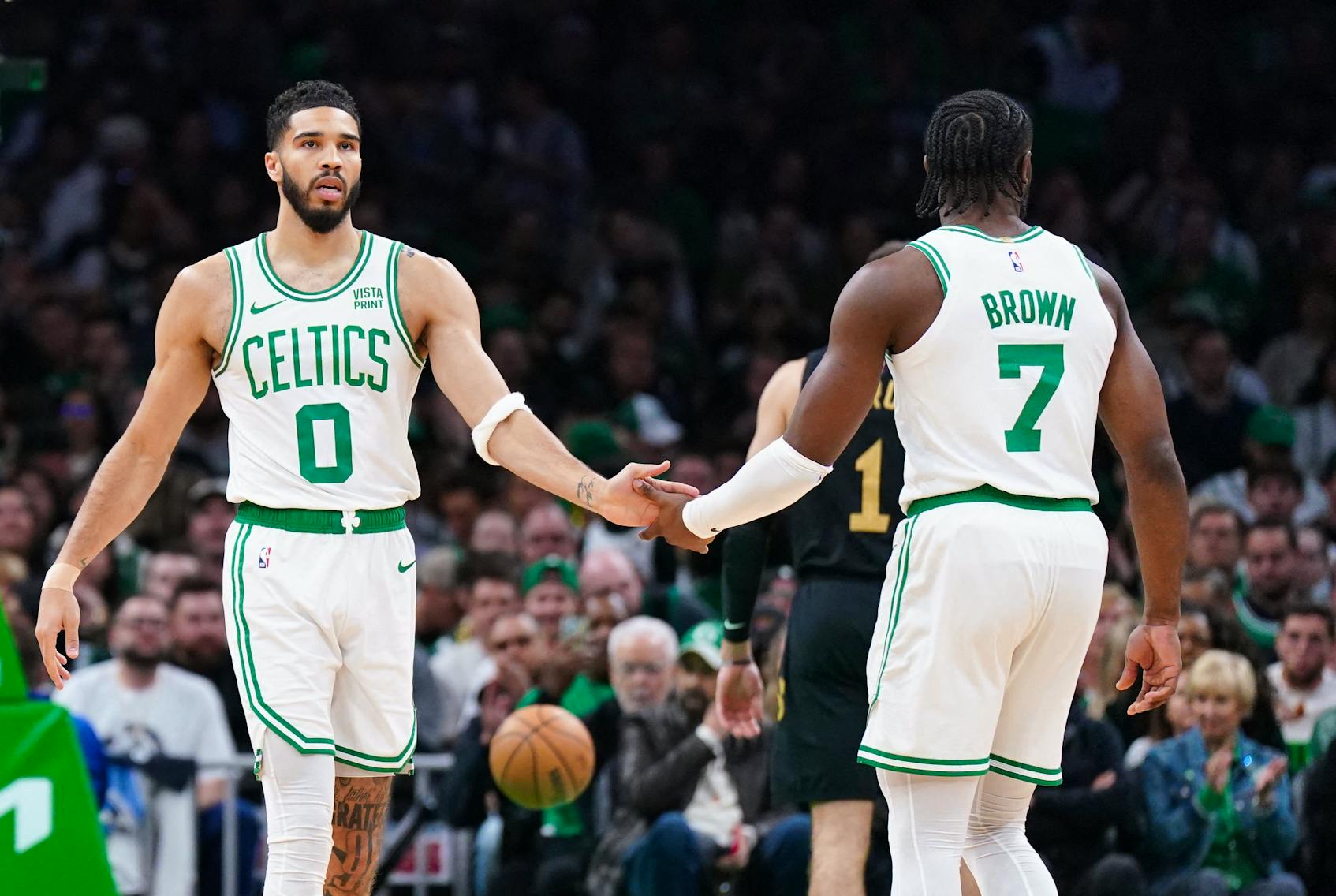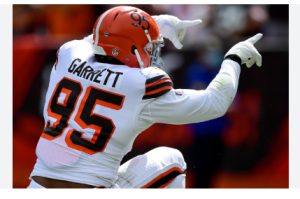
In the world of professional basketball, the health and availability of players are crucial to a team’s success. Over the years, there have been several instances where NBA players have missed important games due to various reasons. Here are some notable examples:
Injuries: One of the most common reasons for players missing games is injury. For instance, during the 2014-2015 season, there was a significant spike in missed games due to injuries. Players like Joel Embiid, Paul George, and Steve Nash all missed the entire season due to injury.
Load Management: Teams often manage their players’ minutes to prevent overuse and reduce the risk of injury. This strategy involves resting players during less critical games to keep them fresh for more important matchups.
Personal Reasons: Players may miss games due to personal issues such as family emergencies, health concerns, or other significant life events.
Suspensions: Players can be suspended for various reasons, including violations of team rules, league policies, or legal issues.
Concussions: The NBA has become increasingly cautious about concussions. Players who suffer from concussions may be sidelined until they are cleared by medical professionals.
Team Strategy: Sometimes, a player might be rested intentionally by the coaching staff as part of their game strategy or to give other players more playing time.
These incidents highlight the unpredictable nature of sports and the importance of player health management. Teams and players must balance the desire to win with the long-term well-being of their athletes.







